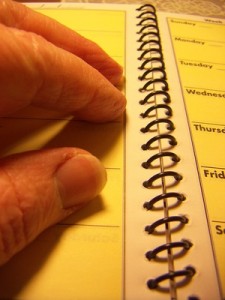Nothing strikes fear in the heart of a new teacher more than the first day. “What will they think of me?” “Will my lesson plan work?” And worst of all, “Will I be able to handle the rowdy ones? From this moment on, your success as their teacher will depend on your classroom management skills.
Here is the most important point: The best discipline technique is one that your teenage students don’t recognize as discipline. They should behave well simply because that is the way of your classroom. The next few sections will show you how to achieve that.
Let there be no mistake, young teens will test you. There is nothing wrong with that. After all, they are being forced to spend the next few months with you. They have every right to put you through your paces to prove your worth. Where most new teachers fail is in thinking that the test begins with the first girl making a rude remark or the first boy throwing a wad of paper. No. The first test will surely come within the first 90 seconds of the class. You must know how to recognize it and how to handle it.
The experience described in the section, “A Lesson from Summer Camp,” taught me that kids need and want structure. You begin building that structure on the first moment of the first day. It will provide both you and the kids with a sense of security. Once the structure is there, you can really teach and gain their respect. Then, as the days unfold, you can let them know you as a person. Many will come to like you, too. The order is not flexible. First you lead, then teach, and finally befriend.
Go to A Lesson From Summer Camp








